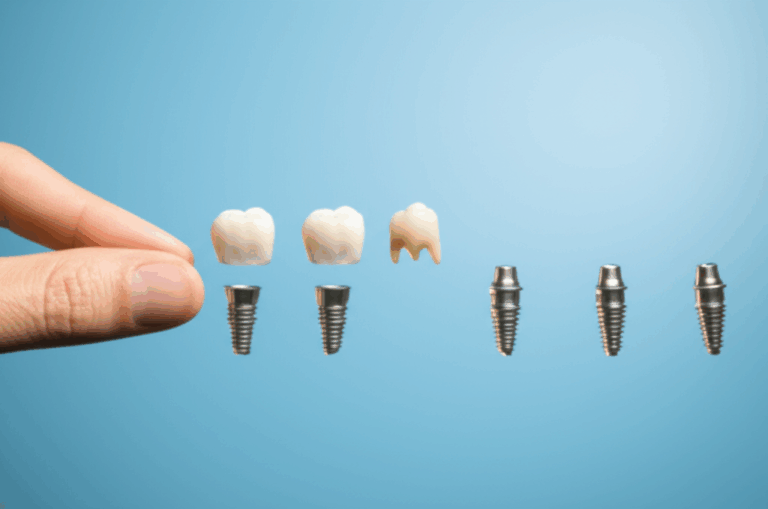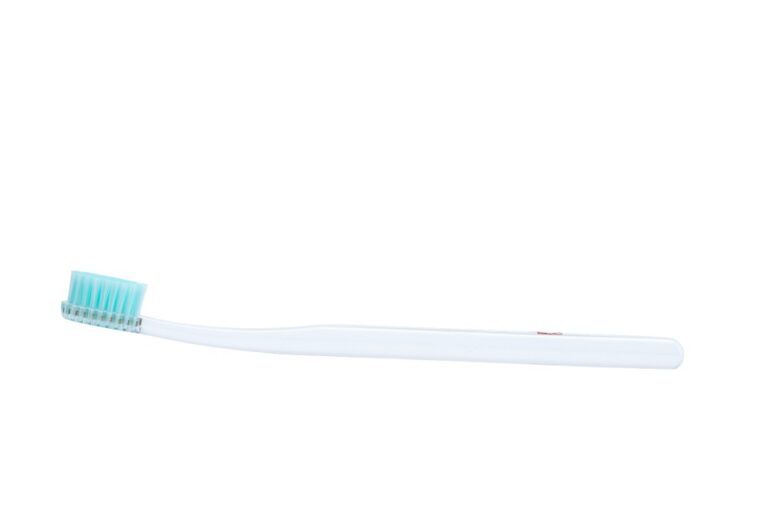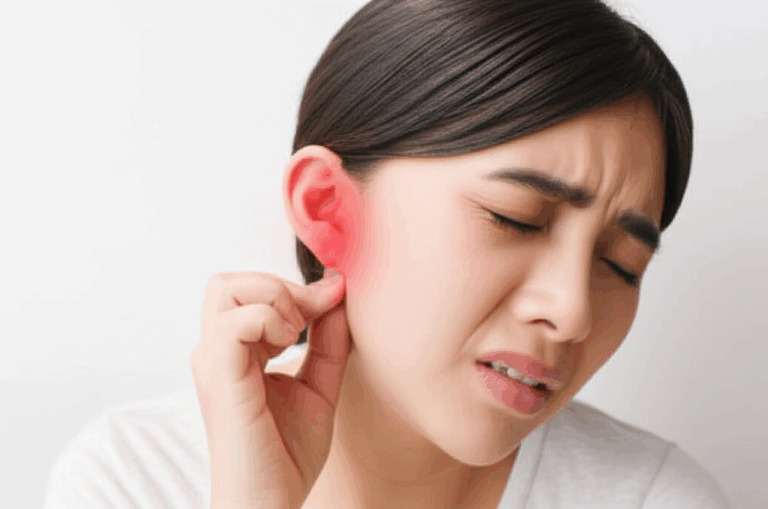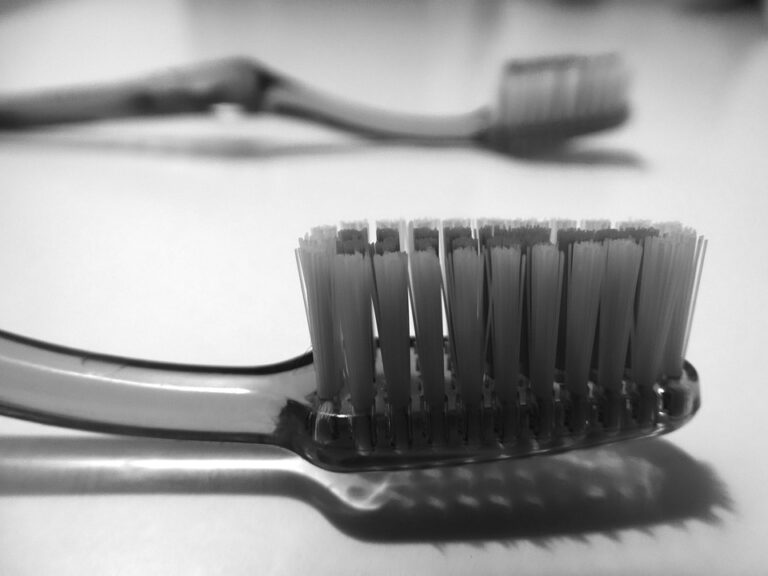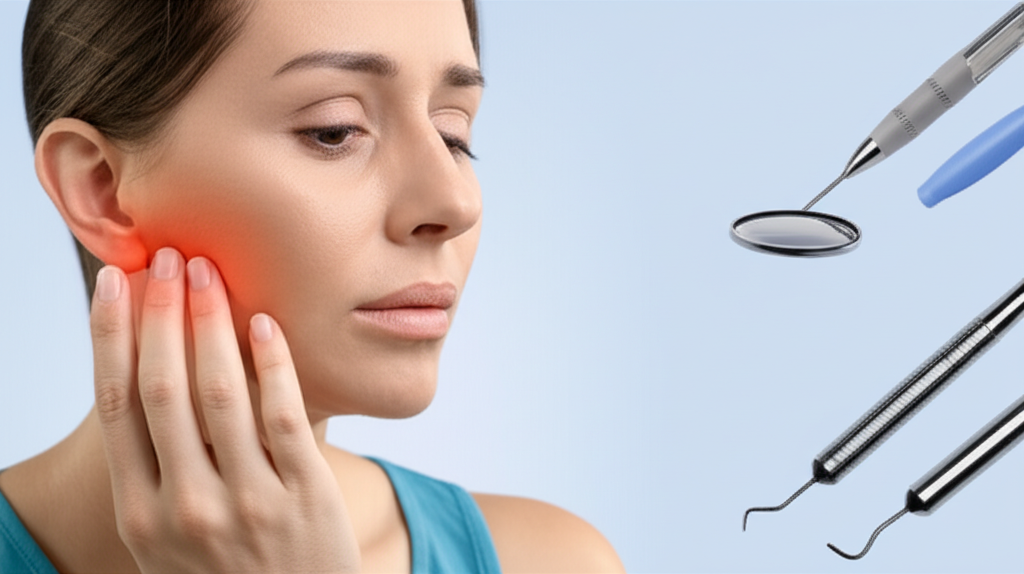
Can Dental Problems Really Cause Pulsatile Tinnitus?
Have you ever heard a rhythmic whooshing or thumping sound in your ear, perfectly matching your heartbeat? It’s a strange and often worrying feeling. This is called pulsatile tinnitus. You may wonder what's causing it. You’ve probably looked online and found lots of confusing answers. What if I told you the source of that sound might not be in your ear at all? It could be in your mouth.
Yes, it’s true. Dental problems can definitely cause pulsatile tinnitus. This connection between your mouth and your ears is more common than you might think. Understanding this link is the first step to finding relief. In this article, we’ll explain how your teeth, jaw, and oral health can cause that pulsing sound. We'll break down the science in a simple way, look at the signs, and show you how to get the right diagnosis and treatment.
Table of Contents
- How Can My Jaw Affect My Hearing?
- What Dental Problems Are Linked to Ear Ringing?
- Could a Bad Bite Be the Culprit?
- Can a Tooth Infection Cause Pulsatile Tinnitus?
- What About Wisdom Teeth and Other Dental Work?
- How Do Doctors Figure Out if It's a Dental Problem?
- What Are the Treatments for Dental-Related Tinnitus?
- Are There Other Symptoms I Should Watch For?
- When Is Pulsatile Tinnitus a Sign of Something Serious?
- Taking Control of Your Health
How Can My Jaw Affect My Hearing?
It might seem strange that your jaw could affect your hearing. But your jaw and your ears are right next to each other. They share a lot of the same nerves and blood vessels. When one has a problem, the other can sense it.
The main link is your temporomandibular joint, or TMJ for short. This is the hinge that connects your jawbone to your skull, right in front of your ears. Since the TMJ and the parts of your middle ear are so close, swelling or pressure in the jaw joint can easily affect the ear. It’s like having a loud neighbor—you can hear everything through the wall.
But it's more than just being close. The jaw and ear also share nerve paths and blood supply. Imagine it as a shared power line. If something goes wrong in one area, your brain can get mixed signals, and you might feel pain or hear noises in your ear when the real problem is in your jaw or a tooth. This is called referred pain, and it’s a big reason why dental problems can cause ear symptoms.
What Dental Problems Are Linked to Ear Ringing?
So, you're wondering if that toothache or jaw pain might be connected to the noise in your ear. The answer is, yes, it could be. Several dental issues are known to cause it.
A big cause is TMJ Disorder (TMD). This isn’t just one thing; it's a group of problems with your jaw joint and the muscles around it. When your jaw is out of place or swollen, the muscles get very tight. This tension doesn't just stay in your jaw. It can lead to ear pain, a feeling of fullness in the ear, or even pulsatile tinnitus. It’s a clear example of the jaw-ear connection.
Another common issue is bruxism, which means grinding or clenching your teeth. Many people do this at night without knowing. This puts a lot of stress on your jaw muscles and TMJ. This pressure can make the area swell and the muscles spasm, which affects the parts near your ear. If you wake up with a sore jaw, headaches, or tired face muscles, bruxism could be causing your ear noise. A special night guard dental lab can make a night guard to protect your teeth and help relax your jaw.
Could a Bad Bite Be the Culprit?
Yes, for sure. The way your teeth come together is called your bite, or occlusion. If you have malocclusion, it means your bite is off. Your top and bottom teeth don’t line up right when you close your mouth. This might not seem important, but it forces your jaw muscles to work harder to chew and even just to rest.
This constant, uneven strain can lead to chronic jaw pain and TMD. Your jaw is always trying to find a comfortable position, but it can't. Over time, this stress can cause the same kind of muscle tension and swelling that leads to pulsatile tinnitus. Fixing a bad bite, sometimes with braces or carefully made crowns from a good crown and bridge lab, can let your jaw finally relax and may stop the ear ringing.
The problem isn't just about pain. A crooked bite can change the position of your jawbone, which can press on the ear canal or affect your Eustachian tube, which controls pressure in your ear. This can cause a feeling of fullness or a blocked ear along with the tinnitus.
Can a Tooth Infection Cause Pulsatile Tinnitus?
A tooth infection might seem like it's just a problem for your mouth, but infections can cause problems elsewhere too. A bad tooth infection, like a dental abscess, creates a pocket of pus and makes the area very swollen. This swelling can press on nearby nerves and blood vessels.
Think about it: your teeth are set in your jawbone, very close to important nerves and arteries. The trigeminal nerve, a big nerve in your head, sends branches to your teeth, jaw, face, and parts of your ear. An infection can irritate this nerve, causing referred pain tinnitus, where the pain or noise is felt in the ear instead of the tooth.
Sometimes, the swelling from a dental abscess tinnitus can affect blood flow in small vessels near the ear. This changed blood flow could become audible, leading to that pulsing noise. This is why any signs of a tooth infection, like strong pain, swollen face, or fever, need quick dental care. Treatment with a root canal or removal of the tooth often solves the tinnitus as the swelling goes down.
What About Wisdom Teeth and Other Dental Work?
Yes, wisdom teeth and other dental treatments can also cause tinnitus. When wisdom teeth are impacted—meaning they don’t have enough space to come in—they can cause big problems. They can push on other teeth, get infected, or form cysts. This creates pressure and swelling dental tinnitus that spreads to the ear. Lots of people with wisdom tooth pain ear problems also say they have ringing or a full feeling in their ear.
Even normal dental work can sometimes cause it. After dental surgery, like pulling a tooth or a root canal, there is always some swelling as your body heals. For most people, this goes away. But sometimes the treatment can upset a nerve nearby, leading to ongoing symptoms. For example, post-dental procedure tinnitus can happen if there’s nerve irritation from a shot or the treatment itself.
The main thing here is that any major swelling or nerve irritation in your mouth can cause symptoms in your ear. This is because the nerves, muscles, and bones in your head and neck are all linked.
How Do Doctors Figure Out if It's a Dental Problem?
Finding the cause of pulsatile tinnitus can be tricky. That’s because it often needs a team effort. You'll probably need to see both a dentist and an Ear, Nose, and Throat (ENT) doctor to find the answer. This is called a team approach.
Your path will probably start with an ENT checkup. The ENT doctor will first want to make sure there isn’t a more serious blood vessel problem around your ear or neck, like an artery problem or other blood flow issue. They might order scans like an MRI or CT to look at the blood vessels near your ear. This is very important to rule out anything dangerous.
If the ENT doesn't find a clear ear or blood vessel cause, the next step is your dentist, or maybe a jaw pain specialist. They'll do a full dental check for tinnitus. This includes:
- TMJ Check: Seeing how your jaw moves, listening for clicks or pops, and feeling the jaw muscles.
- Bite Check: Looking at how your teeth fit together.
- Dental X-rays: Looking for hidden problems like stuck wisdom teeth, infections, or cysts.
- Muscle Tests: Pressing on your face and neck muscles to see if it affects your tinnitus. This can show somatic tinnitus, which is tinnitus linked to body movement.
By working together, your doctors can figure out if your mouth health is causing your ear symptoms. This helps you get the right diagnosis and treatment.
What Are the Treatments for Dental-Related Tinnitus?
The good news is that if your pulsatile tinnitus is from a dental problem, fixing that problem often helps a lot. The main goal is to fix the cause, not just cover up the symptom.
Here are some common treatments:
- For TMJ and Bruxism: Your dentist might make a special mouth guard or nightguard. This cover fits over your teeth and puts your jaw in a better position, letting the muscles relax. This can greatly drop the tension that causes tinnitus. A good dental lab for retainers can make one that fits well.
- For Bad Bite (Malocclusion): If your bite is the problem, fixes might be simple (shaping some teeth) or could mean braces or new crowns. This spreads out the chewing forces better and takes the stress off your jaw.
- For Infections: If a tooth infection tinnitus is the cause, you need to treat the infection. This could mean antibiotics, a root canal, or pulling the tooth if it can’t be saved. Once the swelling goes down, the tinnitus usually gets better or disappears.
- Extra Help: Along with dental work, your doctor might suggest physical therapy to stretch and strengthen your jaw and neck. Stress control tricks like meditation can also help, since stress often makes people clench their jaw more.
Just remember: you can get relief. By working with a dentist who knows about tinnitus, you can deal with the cause and quiet that annoying noise in your ear.
Are There Other Symptoms I Should Watch For?
Yes! Dental-related pulsatile tinnitus rarely happens alone. It usually comes with other symptoms. If you have the whooshing sound in your ear and any of these, there’s a good chance your jaw is involved:
- Jaw Problems: Pain at your jaw joint, clicking or popping when opening your mouth, or getting stuck or locked.
- Face Pain: A dull, aching pain in your face, especially in the cheeks or temples. This usually means overworked jaw muscles.
- Headaches: Frequent headaches, especially tension headaches or even migraines that start at your temples.
- Ear Symptoms: A feeling of fullness or pressure in your ear, almost like it's blocked. You may also have an earache with no ear infection.
- Neck and Shoulder Pain: The muscles in your jaw, neck, and shoulders are all connected. Tightness in one area can spread.
Noticing these other signs can be a big clue. When you see your doctor or dentist, be sure to mention everything you feel. This helps them see the full picture and make a better diagnosis. A close look at your overall Teeth Health can show a lot about your general health.
When Is Pulsatile Tinnitus a Sign of Something Serious?
While most cases of pulsatile tinnitus come from less dangerous issues like TMD, it's very important to know the "danger signs." You need to see a doctor right away if you have any of these:
- Sudden Start: The tinnitus comes on quickly and is very strong.
- One Sided: The sound is only in one ear.
- Other Nervous System Problems: You also have dizziness, spinning (vertigo), sudden hearing loss, numbness or weakness in your face, or trouble seeing.
- Very Loud Sound: A very loud or strong noise that changes when you move.
These could be signs of serious blood vessel or nerve problems that need quick medical care. It’s always better to be safe and get checked. Your doctor can do the right tests to rule out these problems before looking into dental causes.
Taking Control of Your Health
Hearing a constant noise in your ear that nobody else hears is frustrating and stressful. It can cause worry and make things worse. But you don’t have to just put up with it.
Knowing the link between your teeth and pulsatile tinnitus is the first step to fixing it. It gives you a new way to look for the cause and a path to treatment that many people—and even some doctors—don’t think about. From a simple tooth infection to a jaw that’s not lined up, the cause might be in your mouth.
The most important thing is to pay attention to all your symptoms, not just the noise. Find a dentist and an ENT doctor who will work together to find the real problem. With good care, you can often quiet the noise and get back to enjoying your life. For many, fixing the tinnitus dental connection is the key to lasting relief.
Key Takeaways to Remember:
- Yes, dental problems can cause pulsatile tinnitus. The connection between your jaw and ear is strong.
- The most common dental causes are TMJ disorders (TMD), bruxism (teeth grinding), and a bad bite (malocclusion).
- Infections like a dental abscess can also cause tinnitus because of swelling and pressure.
- Look for other signs like jaw pain, headaches, and a full feeling in your ear.
- A proper diagnosis needs teamwork between a dentist and an ENT specialist.
- Treating the main dental problem—with things like a mouthguard, fixing your bite, or treating infection—can often make the tinnitus go away.
- If your tinnitus starts suddenly or with other nervous system symptoms, see a doctor right away.
References
- Journal of Oral & Facial Pain and Headache. (Different issues). Clinical studies about jaw problems and ear symptoms.
- Cranio: The Journal of Craniomandibular & Sleep Practice. (Different issues). Research about tinnitus connected to neck and jaw movement.
- British Dental Journal. Case studies showing links between dental infections/procedures and tinnitus.
- Otolaryngology–Head and Neck Surgery. Articles about finding the cause of pulsatile tinnitus, including dental and muscle causes.

